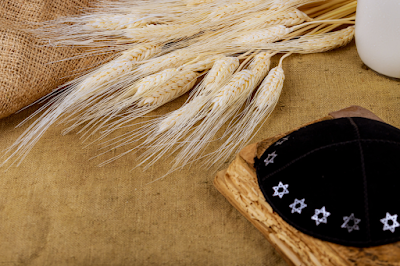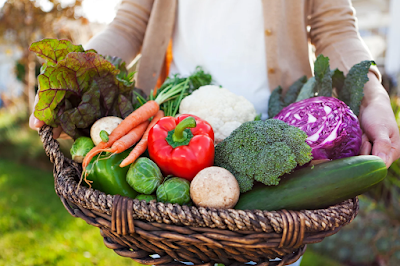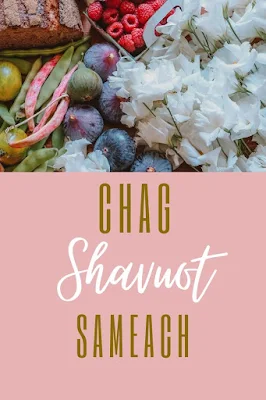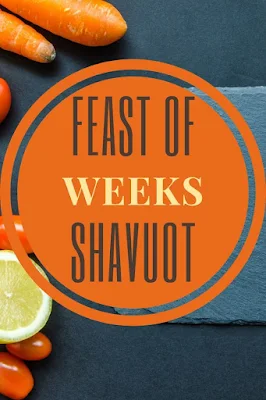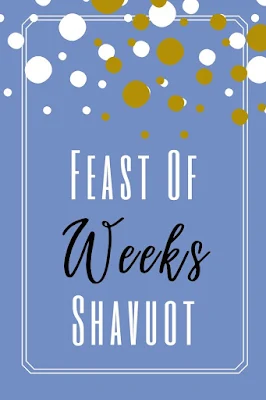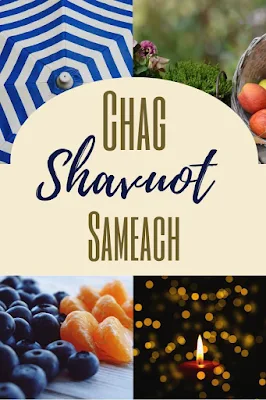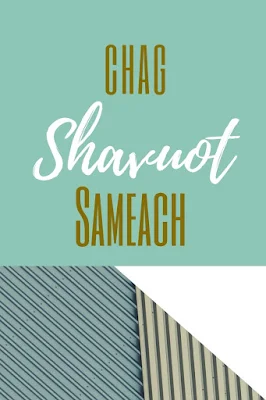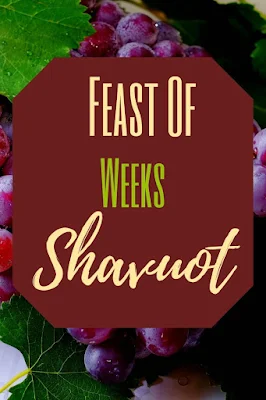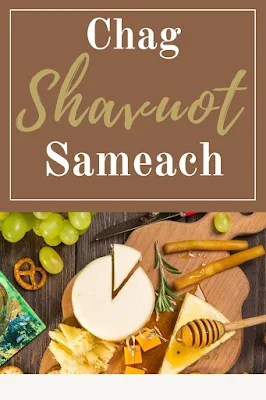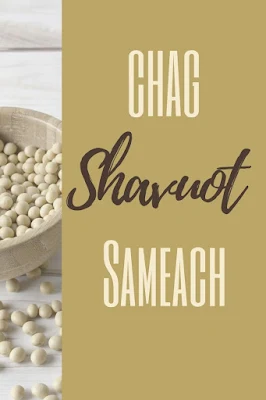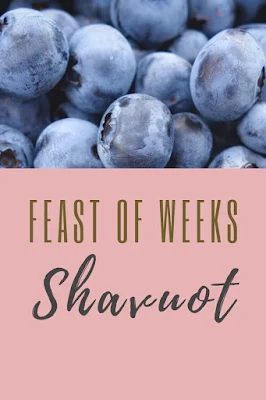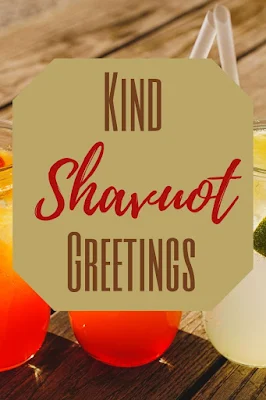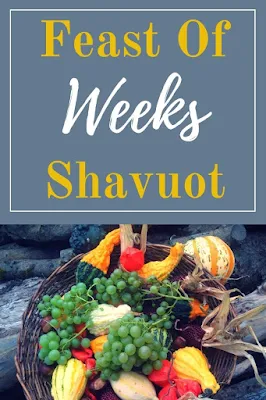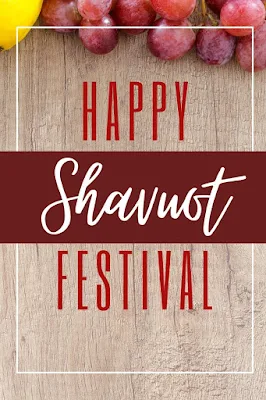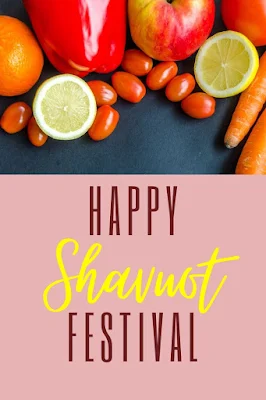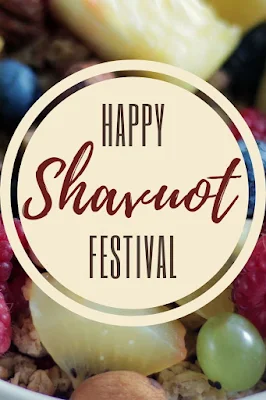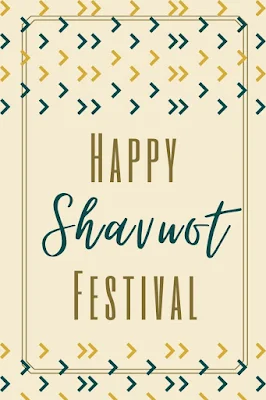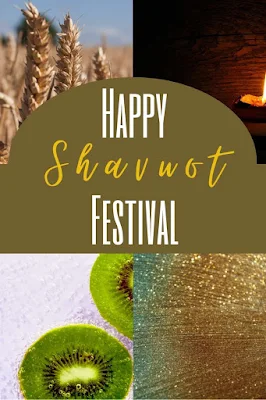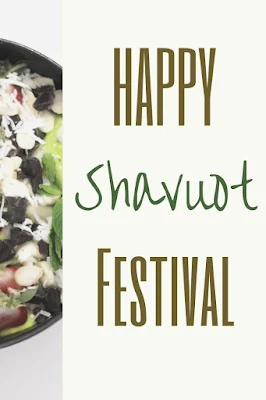Can Shavuot - The Festival Of Weeks Fall On Shabbat
Yes, Shavuot can fall on Shabbat. In fact, it is possible for Shavuot to fall on any day of the week, including Shabbat. This is because the Jewish calendar is a lunar calendar, which means that the months are based on the cycles of the moon.
However, in order to keep the calendar in sync with the solar year, an extra month is added to the calendar seven times every 19 years. This helps to ensure that the holidays, including Shavuot, fall at approximately the same time each year.
When Shavuot falls on Shabbat, it is known as Shavuot Shabbaton, which means "a Shabbat of rest." This is because the holiday of Shavuot is considered a Yom Tov, or a festival day, which means that there are certain restrictions on work and other activities.
When Shavuot falls on Shabbat, the restrictions of both holidays are combined, and there are additional rules and customs that apply. For example, it is customary to eat dairy foods on Shavuot, and this is especially true when the holiday falls on Shabbat.














